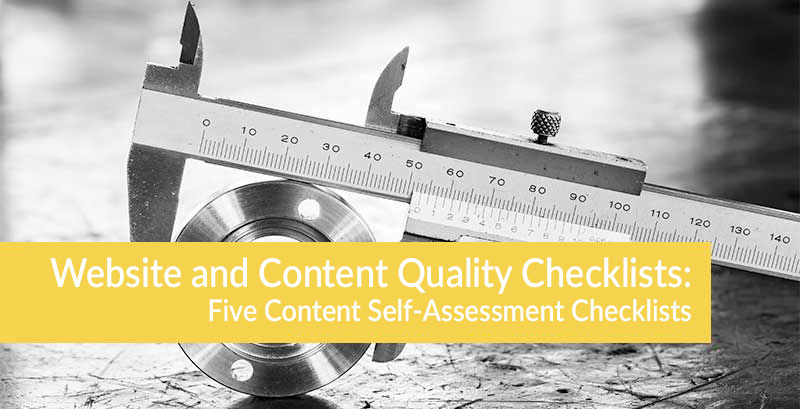The Google BERT algorithm makes it possible for Google to interpret search queries better, meaning that your users will get more relevant search engine results.
BERT looks at the context of the words used in the search query – so you need to make sure your content is well-written, clear, and is focused on search intent. For websites that have quality content, BERT should make it easier for your users to find you and learn about your products and services.
Google said on October 25th, that this algorithm update is the “biggest leap forward in the past five years, and one of the biggest leaps forward in the history of Search.”
It’s important to remember what searching online is really about. As Google says:
“At its core, Search is about understanding language. It’s our job to figure out what you’re searching for and surface helpful information from the web, no matter how you spell or combine the words in your query. While we’ve continued to improve our language understanding capabilities over the years, we sometimes still don’t quite get it right, particularly with complex or conversational queries.”
This underscores why it is so important for your website content to put the reader first. When you understand search intent and provide the right content, Google BERT works in your favor, delivering the right information from your website to searchers.
What is Google BERT?
Google BERT uses natural language processing (NLP) pre-training to better understand search queries. BERT stands for Bidirectional Encoder Representations from Transformers.
The simplest explanation of Google BERT is that it lets computers understand language just like humans do. Google open-sourced BERT in 2018 to encourage other developers and companies to “train their own state-of-the-art question answering system”.
Google says that it can now provide more relevant and better search results for every 1 in 10 search queries. This 10% improvement in search engine results is the biggest improvement in search since Google released RankBrain five years ago.
In previous search engine requests, Google struggled to interpret the nuances of words and understand the associated context of language. This could return confusing search engine results that had no relevance to the user’s search query and intent.
This algorithm update was rolled out in late October and its impact has been immediate for English language search queries. Google BERT is in effect for all global featured snippets, regardless of language.
How Does Google BERT Impact my SEO?
Google BERT means that both your website content and SEO must be high-quality. Your content and on-page SEO must clearly address search intent and use clear language.
The following examples from Google illustrate how BERT impacts search queries and does a better job of giving people the answers they want.
Previously, our algorithms wouldn’t understand the importance of this connection, and we returned results about U.S. citizens traveling to Brazil. With BERT, Search is able to grasp this nuance and know that the very common word “to” actually matters a lot here, and we can provide a much more relevant result for this query.

Let’s look at another query: “do estheticians stand a lot at work.” Previously, our systems were taking an approach of matching keywords, matching the term “stand-alone” in the result with the word “stand” in the query. But that isn’t the right use of the word “stand” in context. Our BERT models, on the other hand, understand that “stand” is related to the concept of the physical demands of a job, and displays a more useful response.

In the past, a query like this would confuse our systems–we placed too much importance on the word “curb” and ignored the word “no”, not understanding how critical that word was to appropriately responding to this query. So, we’d return results for parking on a hill with a curb!

In each of these examples, you can clearly see how important it is to understand what users are looking for and delivering content that directly addresses this.
How Do I Know if Google BERT is Impacting My Search Engine Results?
To know if Google BERT is impacting your search engine results you need to look for changes in your website traffic. Use your analytics tools to monitor your website traffic.
If you do see a drop in website traffic, do the following:
- Learn which search queries and keywords are causing the traffic drop.
- Learn what content is ranking best right now for your niche.
- Update your content to address the changes in search intent.
How To Optimize for Google BERT
To optimize for Google BERT, you need to remember the core essentials that help websites get found, ranked, and displayed in Google search engine results.
- Simple, clear, high-quality, and succinct content that gives users the information they want and need. Know why you’re writing what you’re writing, who you’re writing it for, and keep it simple. This makes it easy for users and search engines to trust your website.
- Because Google BERT is focused on better understanding of what users are asking, you need to put a priority on narrowing your target keywords and queries. Think about how you would search for the article or blog post you’re writing – and then use the keywords and language that clearly answers this search query. Take advantage of Google Autocomplete, People Also Ask, and the Related Searches listed at the bottom of the SERPs page to learn how people are searching for your topic.
- Topic clusters allow you to establish authority and visibility for topics central to your product, services, and company brand. Rather than targeting multiple keywords which results in a collection of disconnected content – focus on creating quality blogs, whitepapers, eBooks, etc. using long-tail keywords associated to the topics core to your niche.
Does your content make sense? Does it answer the questions users are asking in Google? Do you have quality long-form content?
Contact me or Kevin to learn more about Google BERT and how we can get you found consistently by your prospects and customers.
About the author
Jane Phelps is the CEO/Partner at Know Agency. Jane leads client SEO strategy and handles all aspects of in-house SEO demands. This includes providing SEO training, competitive analysis, keyword research, algorithm analysis, and the review of all new content to ensure SEO best-practices are followed. Jane holds a Master’s Certificate in Online Marketing from the University of San Francisco, is BrightEdge Certified and is the head of the BrightEdge User Group in Atlanta, GA.



